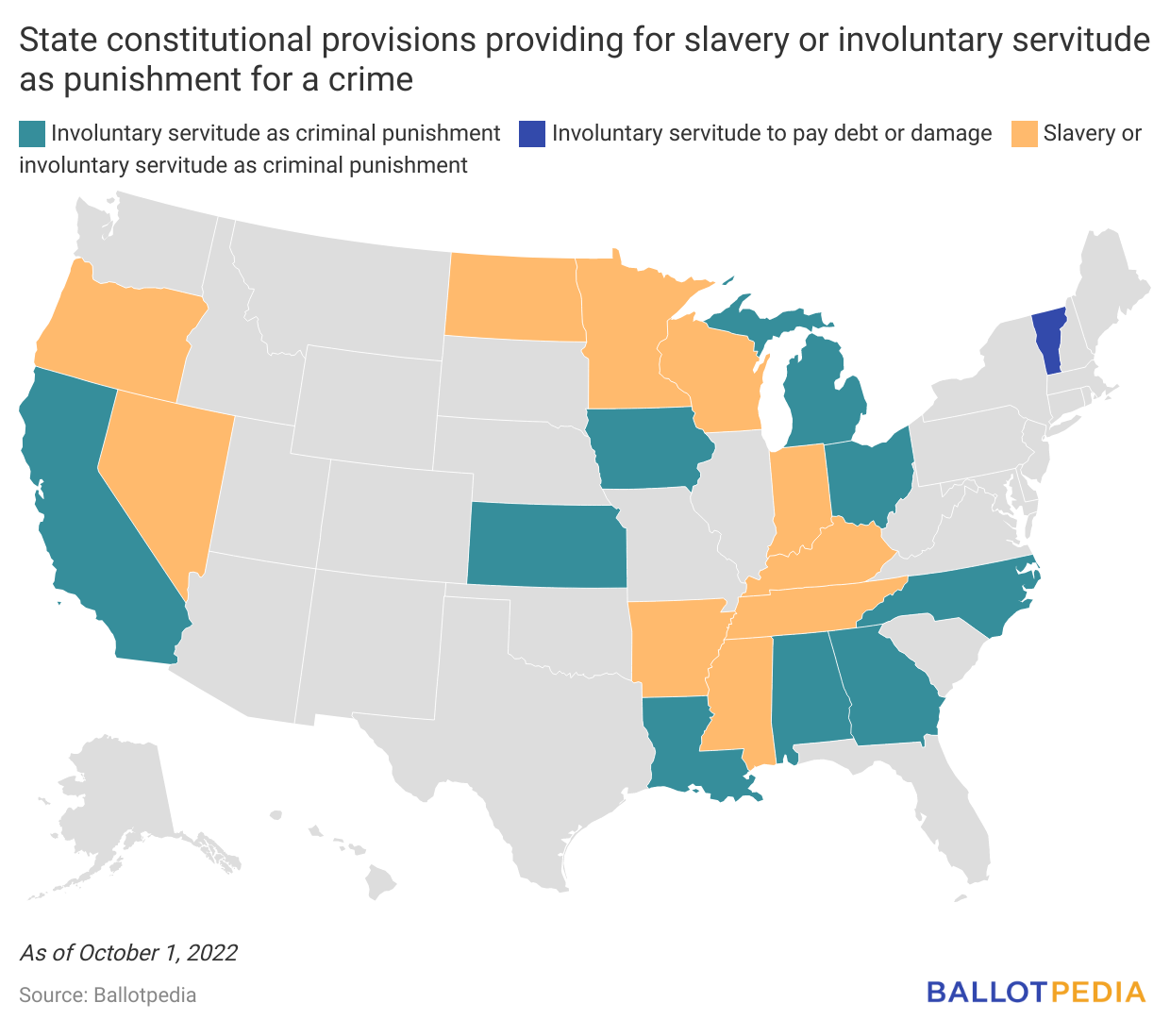Category: 2022 elections
-
Previewing Alaska’s second U.S. House election of 2022

Incumbent Rep. Mary Peltola (D), Nicholas Begich III (R), Sarah Palin (R), and Chris Bye (L) are running for Alaska’s at-large congressional district on Nov. 8, 2022. Peltola, Begich, Palin, and Tara Sweeney (R) advanced from the Aug. 16, 2022, top-four primary. Sweeney withdrew, meaning Bye, the fifth-place finisher, advanced. Peltola won the special general…
-
All candidates for California Controller complete Ballotpedia’s Candidate Connection survey

Both candidates running in the November 8, 2022, general election for California Controller—Malia Cohen (D) and Lanhee Chen (R)—completed Ballotpedia’s Candidate Connection survey. These survey responses allow voters to hear directly from candidates about what motivates them to run for office. The California State Controller is an elected state executive office established by the California…
-
All candidates for Kentucky’s 30th Circuit Court Division 4 complete Ballotpedia’s Candidate Connection survey

Both of the candidates running in the November 8, 2022, general election for Kentucky’s 30th Circuit Court Division 4 — incumbent Julie Kaelin and Ebert Haegele — completed Ballotpedia’s Candidate Connection survey. These survey responses allow voters to hear directly from candidates about what motivates them to run for office. Kentucky District Courts are trial…
-
All candidates for Missouri House of Representatives District 65 complete Ballotpedia’s Candidate Connection survey

Both of the candidates running in the November 8, 2022, general election for Missouri House of Representatives District 65 — Eric Nowicki (D) and Wendy Hausman (R) — completed Ballotpedia’s Candidate Connection survey. These survey responses allow voters to hear directly from candidates about what motivates them to run for office. Eighty-eight of the country’s…
-
All candidates for Kansas House of Representatives District 64 complete Ballotpedia’s Candidate Connection survey

Both of the candidates running in the November 8, 2022, general election for Kansas House of Representatives District 64 — Patricia Smetana (D) and Lewis Bloom (R) — completed Ballotpedia’s Candidate Connection survey. These survey responses allow voters to hear directly from candidates about what motivates them to run for office. Eighty-eight of the country’s…
-
All candidates for Williamson County Justice of the Peace Precinct 4 in Texas complete Ballotpedia’s Candidate Connection survey

Both of the candidates running in the November 8, 2022, general election for Williamson County Justice of the Peace Precinct 4 in Texas — Stacy Hackenberg (D) and Rhonda Redden (R) — completed Ballotpedia’s Candidate Connection survey. These survey responses allow voters to hear directly from candidates about what motivates them to run for office. …
-
Delaware Supreme Court ends no-excuse mail ballots, same-day voter registration

On Oct. 7, 2022, the Delaware Supreme Court issued a ruling in Albence v. Biggin and Mennella, finding that a state law permitting no-excuse mail-in voting and same-day voter registration was unconstitutional. Voters may now only receive mail ballots under certain conditions and the deadline to register to vote in the Nov. 8 general election…
-
Jamie McLeod-Skinner and Lori Chavez-DeRemer are running for Oregon’s 5th Congressional District

Jamie McLeod-Skinner and Lori Chavez-DeRemer are running in the November 8, 2022, general election for Oregon’s 5th Congressional District. Incumbent Kurt Schrader (D), who was first elected in 2008, ran for re-election. He lost to McLeod-Skinner in the Democratic primary on May 17, 2022. FiveThirtyEight’s Geoffrey Skelley and Ryan Best said, “[Democratic primary voters] ousted longtime…
-
Measures to repeal constitutional language on slavery and indentured servitude as criminal punishments are on the ballot in five states this November

On November 8, 2022, voters in five states—Alabama, Louisiana, Oregon, Tennessee, and Vermont—will decide on amending their state constitutions to repeal language regarding the use of slavery or indentured servitude as punishment for a crime, or, in the case of Vermont, for the payments of debts, damages, fines, costs. The ballot questions are below: Alabama…
-
Adrian Fontes (D) and Mark Finchem (R) running for Arizona secretary of state

Adrian Fontes (D) and Mark Finchem (R) are running for Arizona secretary of state on Nov. 8, 2022. Incumbent Katie Hobbs (D) is running for governor of Arizona. Duties of the Arizona secretary of state include serving as the state’s chief election officer and keeping the state’s official records. As Arizona is one of five…

